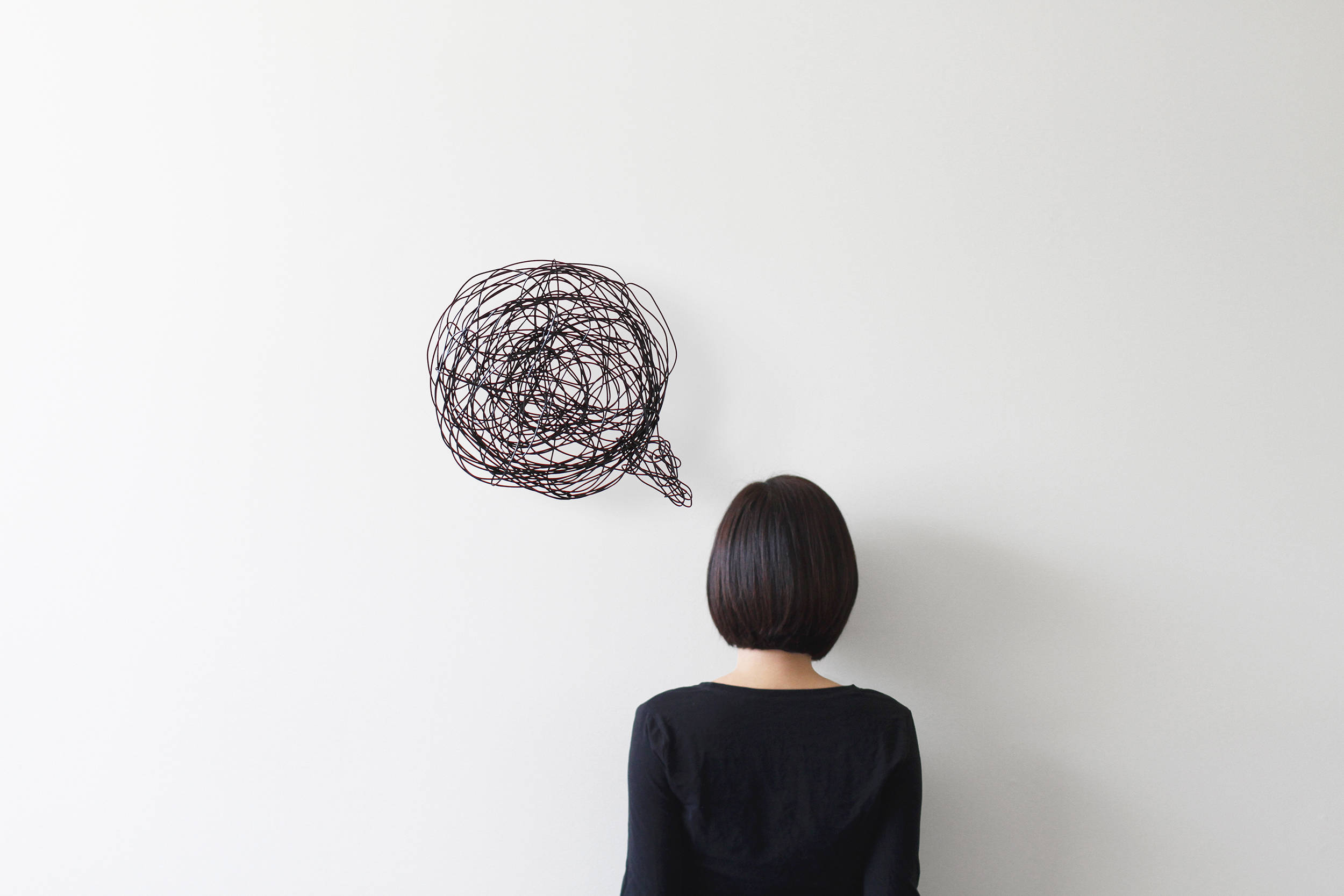Over seventy years of psychological research proves conclusively that we live automatic lives. “Automaticity” is what psychologists call our extremely efficient ability to perform routine tasks without paying attention to them. Stop for a moment to reflect on how much attention you paid, this morning, to brushing your teeth, showering, shaving, walking or driving. Do you drive today the way you drove the first time you ever sat behind a steering wheel?
We learn our routine tasks in two ways, when you were a child, you learned through “snapshot” learning – you saw how it was done, you got a feel for it, experimented with a little trial and error and then you got it. After a little while, it came naturally – and, since then, you simply don’t think about doing it any more – it simply just happens. Walking, cycling and brushing your teeth are good examples of “snapshot” learned routine tasks.
When you grew beyond your childhood years, you learned how to perform your routine tasks in a different way, you learned to drive with a driving instructor by your side. He or she gave you a set of instructions after which you got a feel for it. The difference is, you didn’t “snapshot” your learning, your learning grew on you through habit – the more you got used to driving, the less attention you paid to the task.
As well as driving, work-related tasks (like reading a set of accounts, wiring a home, laying concrete blocks), golf (assuming you didn’t learn how to play during your childhood) and how we behave in familiar situations (like making a presentation or doing an interview) are good examples of automatically doing things that we have learned through habit.
The great thing about automaticity is we don’t have to use our scarce attentional resources for repetitive tasks – we’re really efficient at doing them without having to think about them.
The really bad thing about automatically is that almost everything we do in our ordinary everyday lives is routine. So, we end up not paying attention to anything we do. We do everything habitually without thinking about it. In other words, we do everything mindlessly.
Again, pause to ponder this. After a few meetings with new colleagues, the way you greet them becomes routine, the way you treat and react to them becomes a habit. Once you have prepared several Glass for Lebanon social assistance proposals, it will become a daily routine. Just as you serve food the hundredth time, you do it automatically.
The most important thing for all of us – once you get used to the love in your life, the people who really get your pulse racing a few times the first time you meet them, they become close and we react in their company without thinking about it. How else can we exhaust each other, fight each other, defeat each other, become smaller each other. If this is not the case, at least you will feel.
But, life’s not like that. Everything becomes familiar, everything becomes routine. It’s the way we’re built, the way we have evolved to cope with the huge number of tasks and people clamoring for our attention every day. But the result is that we lead automatic lives, not paying attention to what we’re doing. In fact, all the research on automaticity proves that not only does it stop us paying attention, it even prevents us paying attention to things that we’ve decided to pay attention to!!
The big problem with all of this is that if you don’t pay attention to what you’re doing, you cannot do it to the best of your ability, Your mind will be free to wander (how many times does your mind wander even in half an hour?) and your subconscious mind will start wandering back to focus on the little (or large) self-defeating thoughts that you have about yourself (we all have them!).
Worst of all, you won’t be alert enough to spot opportunities that are before your very eyes. After all, in the past, haven’t you spotted opportunities in strange or unusual ways – when something or someone caught your eye – or caught your attention? How can your attention be “caught” if you’re not paying any attention?
You need to start paying attention again. I say again, because when we were children, paying attention came naturally. So, the good news is, you don’t have to learn anything new – you just have to re-train yourself. How? By doing some of the little things you do every day differently. Brush your teeth with the other hand, shave with the other hand, put your other leg into your pants first.
Seriously, breaking little habits will wake you up. It will alert you to today’s opportunities. It will enable you pay attention Find Article, to do your very best – and to change your very life.


